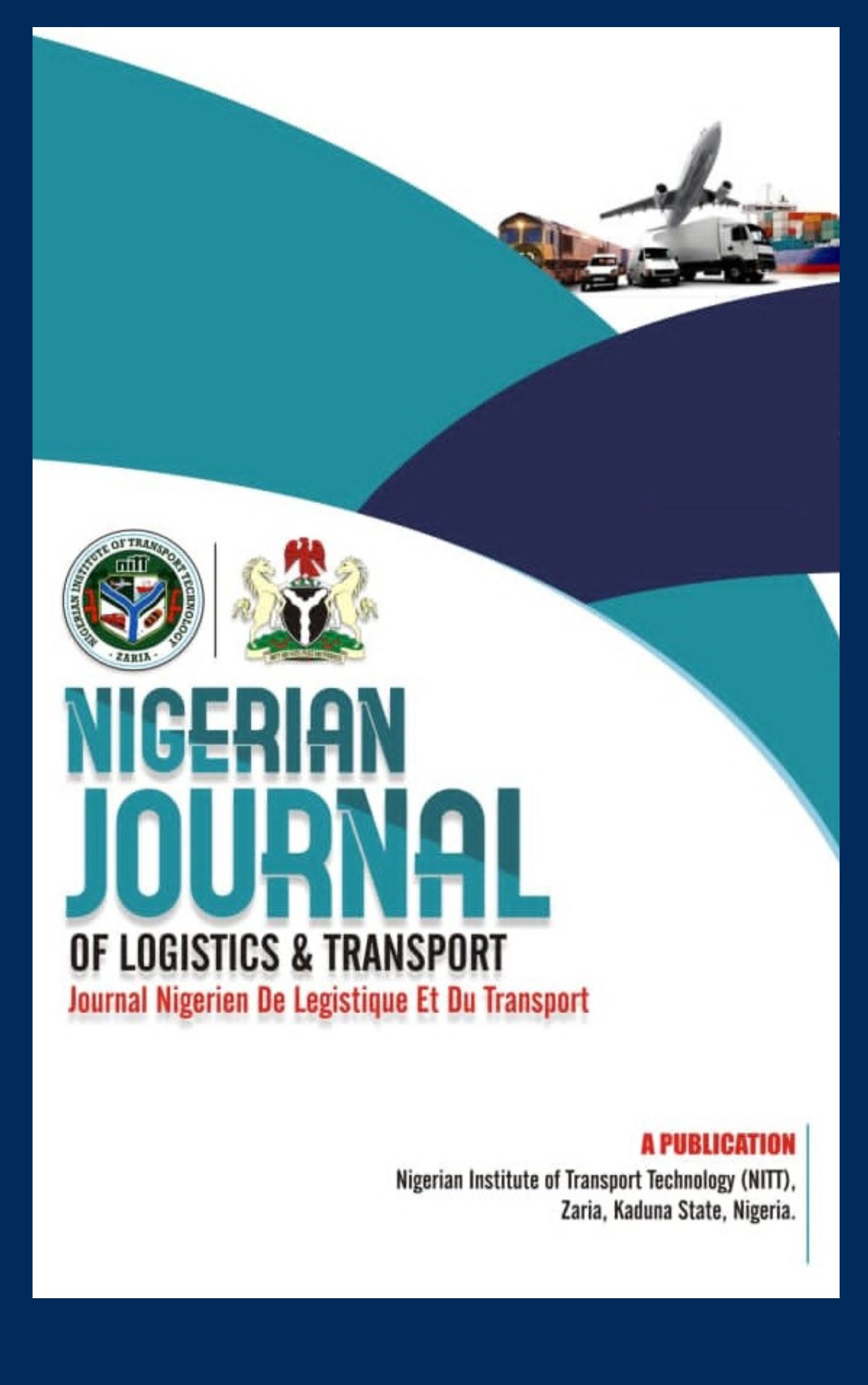Abstract
This paper sought to establish the role of Telecommuting beyond the COVID-19 pandemic in Lagos State, Nigeria, and its transition from a megacity to a smart city using a qualitative descriptive approach. The study adopted a descriptive research design. A sample size of 54 teleworkers in Lagos and 150 daily commuters working in Lagos was randomly selected to participate in the study. The findings indicate that almost all (100%) of Lagos teleworkers during the COVID-19 crisis cited “relief from Lagos traffic congestion” as a major impact of telecommuting. 80% of daily work commuters who participated in the study indicated a willingness to telework if given the offer, again citing “Lagos Traffic congestion” as the major reason. Other reasons cited by Lagos daily work commuters include the Cost of transport to work, health and stress, hours of transport to work, and reduced risk of accidents. The findings have been summarized systematically to answer the research questions and objectives using descriptive statistics.
Findings of the study reveal that: Lagos workers are willing to accept Telecommuting as an alternative to daily work commute; Telecommuting will save costs both for Lagos workers and for Lagos as a community and Telecommuting will save residents of Lagos from premature death linked to air pollution through carbon emission reduction.
The study concludes that; Telecommuting is one of many solutions to the continued congestion of Lagos. Telecommuting will also reduce the increasing pollution of Lagos’s environment and is pivotal to the achievement of Lagos’ smart city objectives.
Keywords: Keywords: Telecommuting, Covid-19, Lagos State, Smart City.



 National Library of Nigeria
National Library of Nigeria.jpg) Association of Nigerian Authors
Association of Nigerian Authors Nigerian Library Association
Nigerian Library Association EagleScan
EagleScan Crossref
Crossref